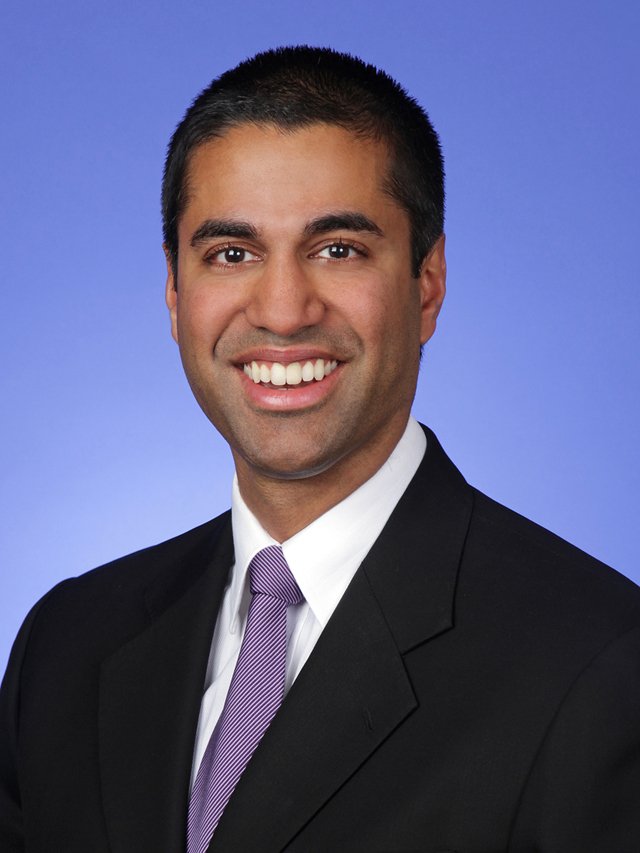As governments across the world continue to make moves to censor and control the flow of digital data across the internet, there a rising tide of concern over net neutrality. Blockchain solutions could be the answer for those seeking more freedom on the internet.
A report in Thursday’s New York Times stated that the Federal Communications Commission has voted to dismantle rules regulating the companies that connect users to the internet. This would effectively yield US broadband businesses more power to control online access and information.
Net Neutralized
The agency has scrapped the net neutrality regulations that previously prevented internet service providers blocking content or charging their customers for premium access and services. Previously setup by the Obama administration to ensure fair and equal access to web content, the FCC voted in net neutrality by classifying internet providers as Title II common carriers. The Trump administration has now removed this classification, unraveling the regulations that gave net neutrality legitimacy.
It is a step backwards for internet freedom in the US, says Jessica Rosenworcel, a Democrat member of the FCC. She said that the vote puts the commission:
… on the wrong side of history, the wrong side of the law, and the wrong side of the American public.
She added that the revoke gives service providers:
… a green light to discriminate and manipulate your internet traffic.
According to the NYT, a number of Democrats on Capitol Hill called for a bill that would reestablish the regulations, and several Democratic state attorneys general said they would file suits to stop the change.
However, proponents of the change state that consumer protection will be enhanced as the Federal Trade Commission will now regain their jurisdiction over broadband providers, an authority that was stripped away due to the Obama-era legislation. Even the first FTC chairman under Obama said that restoring authority to the FTC is a good thing and that the internet will continue to thrive. It is also argued that Silicon Valley already engages in online censorship of opinions they don’t agree with, and the repeal of the previous legislation will help ensure healthy competition.
In a speech, FCC Chairman Ajit Pai notes:
Returning to the legal framework that governed the Internet from President Clinton’s pronouncement in 1996 until 2015 is not going to destroy the Internet. It is not going to end the Internet as we know it. It is not going to kill democracy. It is not going to stifle free expression online. If stating these propositions alone doesn’t demonstrate their absurdity, our Internet experience before 2015, and our experience tomorrow, once this order passes, will prove them so.
Blockchain Solutions
With the overwhelming number of new ICOs emerging, there must be one that can tackle issues such as internet censorship and ISP control. Enter Substratum, a decentralized blockchain with, according to their website:
… an open-source network that allows anyone to allocate spare computing resources to make the internet a free and fair place for the entire world.
Participants running a Substratum node will get paid in cryptocurrency for serving content which helps to build a better and more open internet. Savvy crypto traders saw the opportunity, and the price of SUB shot up as the FCC news filtered out into the media. SUB tokens have been a flat line around $0.10 up until the end of November, at which point they started to climb. They spiked to an all-time high of $0.50 a few hours ago but have corrected to $0.40 at the time of writing. It is likely Substratum will see steady gains over the next day or so.
What are your opinions on the repeal of the net neutrality rules passed during the Obama administration? Will Substratum help circumvent internet censorship? Let us know in the comments below.
Images courtesy of Pixabay, Pexels, and Wikimedia Commons.
The post Crypto Solutions Tackle Web Censorship Concerns appeared first on Bitcoinist.com.


